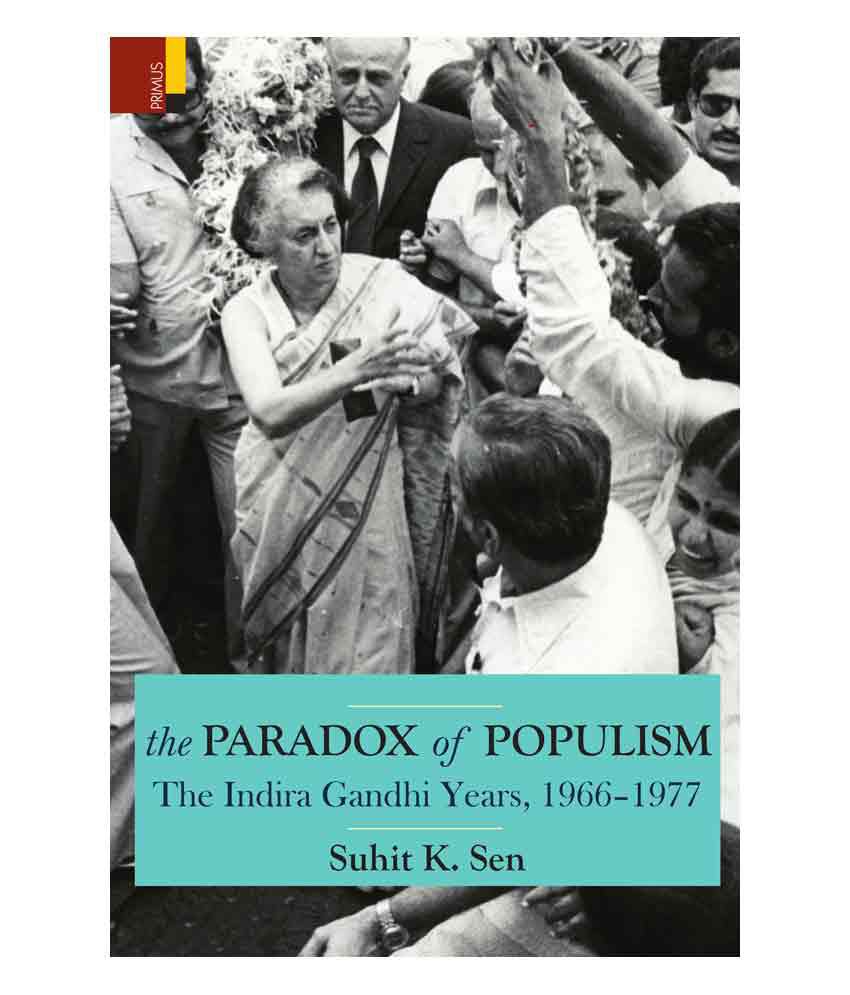Something went wrong. Please refresh the page and try again.
Something went wrong. Please refresh the page and try again.
Notifications can be turned off anytime from settings.
Item(s) Added To cart
Qty.
Something went wrong. Please refresh the page and try again.
Something went wrong. Please refresh the page and try again.
Exchange offer not applicable. New product price is lower than exchange product price
Please check the updated No Cost EMI details on the payment page
Exchange offer is not applicable with this product
Exchange Offer cannot be clubbed with Bajaj Finserv for this product
Product price & seller has been updated as per Bajaj Finserv EMI option
Please apply exchange offer again
Your item has been added to Shortlist.
View AllYour Item has been added to Shopping List
View All

No Cost EMI of Zero Emi Vendor applied on the product
You selected EMI of for monthsChangeGenerally delivered in 6 - 10 days
Item is available at . Change
You will be notified when this product will be in stock
| ||||||||||||||
The Paradox of Populism: The Indira Gandhi Years studies the changing dynamics of politics brought about by the eclipse of Congress hegemony, caused principally by the 1967 election results and the split in the Congress party in 1969. It examines the proposition, widely accepted, that Indira Gandhi systematically subverted constitutional democracy by undermining institutions like the parliament and the cabinet, and established authoritarian control of both the government and the party after the split. It concludes that such widespread subversion happened only after the imposition of the Emergency, when Mrs Gandhi succeeded in concentrating power in her hands. Soon after Mrs Gandhi was installed as prime minister in 1966, she sought to break free from the shackles of the party bosses and stamp on the polity the independence of the government from the organization, a convention established in the late 1940s and early 1950s by Jawaharlal Nehru and the party high command. A struggle for power broke out between Mrs Gandhi’s camp and the party bosses, which led, in 1969, to a split in the party. This struggle was exacerbated by the erosion of the Congress party’s hegemony after the fourth general elections of 1967, when it lost power in a number of states and saw its majority in the parliament significantly whittled down.
About the Author
Suhit K. Sen is an independent historian and political commentator. He was Senior Researcher at the Mahanirban Calcutta Research Group and Short-term Residential Fellow at the Centre for Studies in Social Sciences, Calcutta. He is co-author (with Ranabir Samaddar and Ishita Dey) of Beyond Kolkata: Rajarhat and the Dystopia of Urban Imagination; and co-editor (with Ranabir Samaddar) of Political Transition and Development Imperatives in India and New Subjects and New Governance in India. He has also published a number of articles on postcolonial political history in several books and in the Economic and Political Weekly.
The images represent actual product though color of the image and product may slightly differ.
The Paradox of Populism:The Indira Gandhi Years, 1966–1977
Rs. 793
Register now to get updates on promotions and
coupons. Or Download App